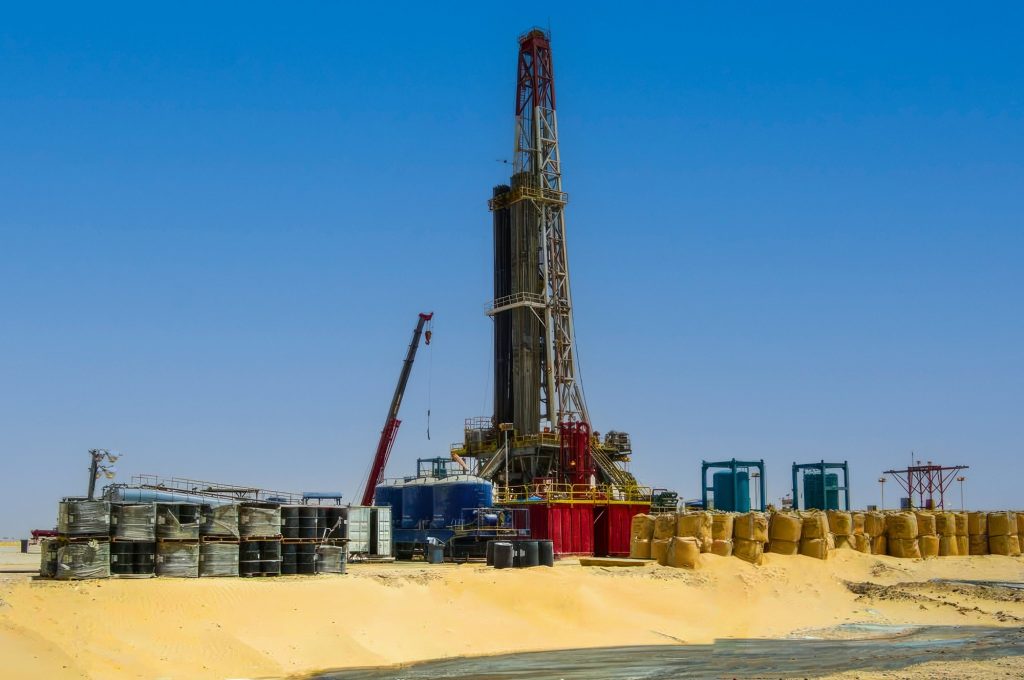Saudi Arabia is intensifying efforts to regain lost oil market share and address overproduction by some Opec+ members, signaling the start of a prolonged but moderate price war, according to industry experts.
After years of encouraging Opec+ production cuts to support energy prices, Saudi Arabia recently shifted course by increasing supply. This move is seen as a response to both internal and external pressures, including competition from US shale producers and fellow Opec+ countries exceeding agreed quotas.
Energy analysts note that Saudi Arabia has been shouldering the burden of production cuts, while others benefited from higher prices. The kingdom has also lost ground in Asian markets to Iran and Russia. Now, with its financial resources and ability to extract oil efficiently, Saudi Arabia appears prepared to withstand a drawn-out period of lower prices better than some of its peers.
The United Arab Emirates has secured higher production quotas and aims to maximize output before global energy demand peaks. Meanwhile, the US continues to expand its oil and gas production, reaching record levels and further challenging Saudi Arabia’s influence.
In response to declining revenues from lower oil prices, Saudi Arabia is cutting back on ambitious projects and tightening budgets, even as it issues more debt to cover deficits. The risk remains that a further drop in prices could lead to a repeat of past price wars, with significant implications for the kingdom’s economy and its Vision 2030 plans.
